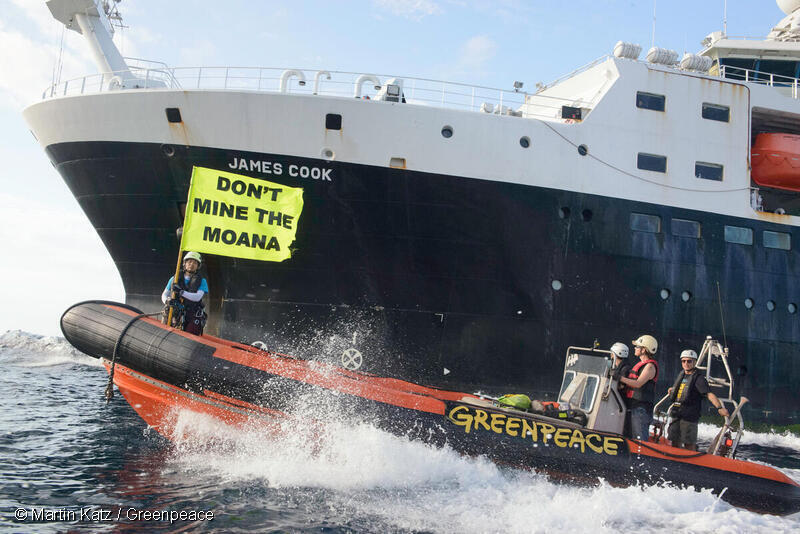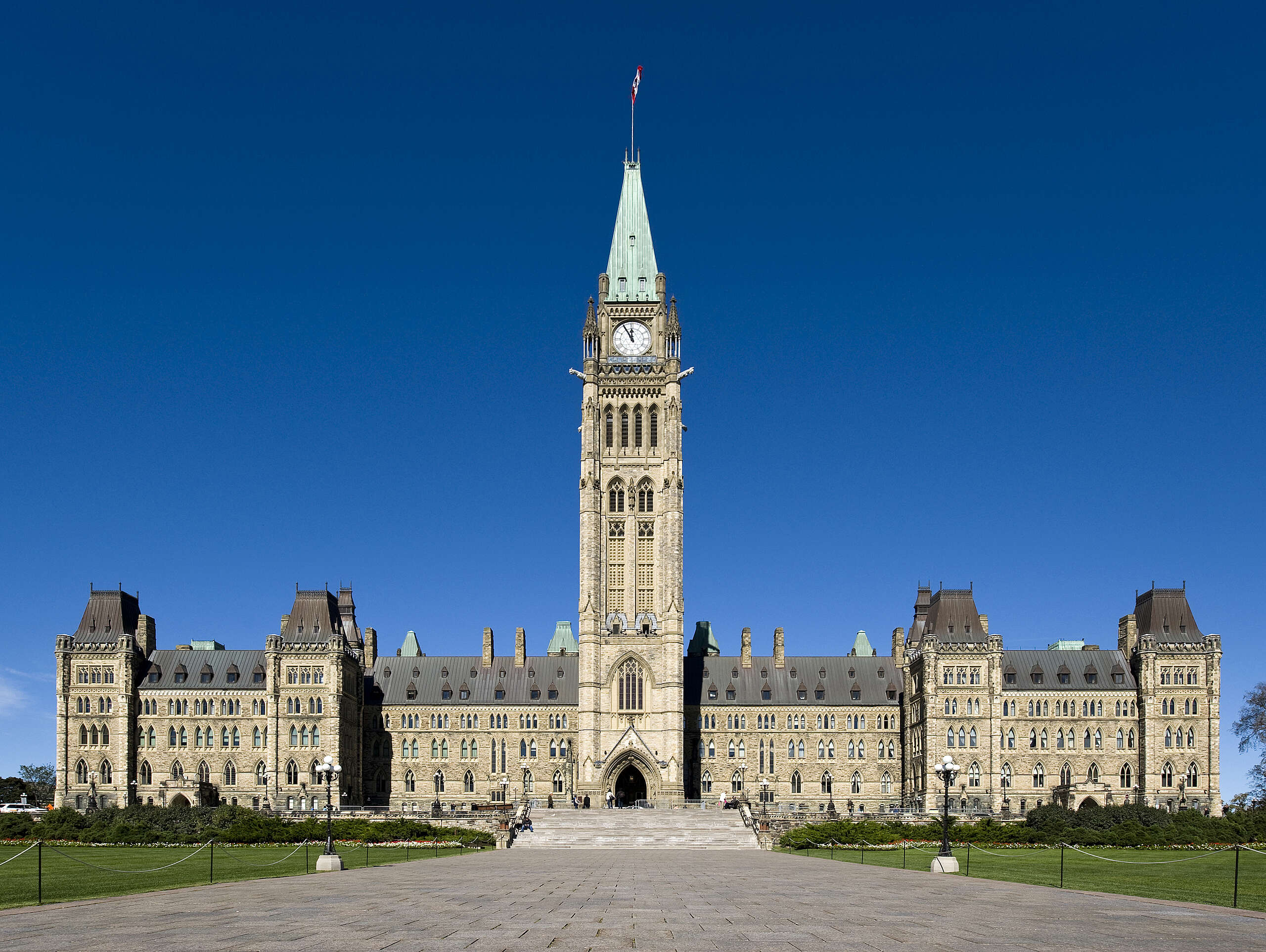The new coronavirus, COVID-19, has many of us glued to the news cycle, concerned for vulnerable loved ones, and adapting our lives to deal with the changes the pandemic is having on our homes, schools, and work-places.
A lot of systemic inequality has been exposed as the realities of the pandemic response set in. It’s easier for some people to deal with the crisis than others. For example, not everyone has paid sick leave and many gig economy workers don’t have the option to work from home. Consider that if schools and child care spaces close for extended periods, the burden on working parents (especially low-income, single-parent or single-earner households) without flexible work conditions will be extra heavy. People living in shelters are vulnerable due to things like overcrowding, air quality and health conditions (see a good discussion on Canadaland with Garth Mullins for more on thinking about COVID-19 in relation to the opioid crisis).
Fear of a recession, along with the impact of the OPEC dispute that has oil prices tumbling, have also sparked environmental justice groups to warn the government against funding a bail out of the fossil fuel industry. Instead, people are calling for any spending to help build a better society, based on better health care, employment standards, social protections and a Green New Deal — in short, a society where we truly take care of one another and the only planet Earth we’ve got.
We need systemic solutions to these kinds of protection gaps and problems. In the meantime, we can keep our community connections strong and model the behaviour we want our leaders to adopt and show them that love and compassion are stronger than fear. Here are ten ways people are talking about caring for one another while staying safe as our family, friends, colleagues and neighbours navigate COVID-19.
#1) Check in on elderly neighbours (text, phone call, email or, if needed, in person), especially if they live alone.
#2) Reach out to people in quarantine
Send them funny memes or GIFs to cheer them up. Call them. Video chat them. Don’t forget about them. Make sure they feel less alone and have social support.
#3) Volunteer your time.
Know someone in quarantine or who needs to limit their public interactions? Offer to pick up and deliver their groceries, treats or other things they might need, while taking precautions to keep yourself safe (e.g., here and here). Your time and labour could be a big help to someone needing support.
#4) Fight back against racist fears and xenophobia
Diseases can make anyone sick regardless of their race or ethnicity. Yet because the virus originated in China, people of Chinese descent have faced a wave of racism. Help stop the fear by educating people and correcting racist comments or behaviour when you hear or see them.
#5) Combat misinformation online
Unfortunately, if not unexpected, misinformation on COVID-19 is floating around online. If you see it, report it to your platform and let anyone posting/sharing it know (e.g., via private message or commenting on the post). Get your information from trusted sources like the World Health Organization, Canadian or provincial health authorities, or your doctor/hospital.
#6) A radical idea: rent payment relief for quarantined people without paid sick leave?
If you’re a landlord and have the extra income, you could consider (as some landlords reportedly have) freezing rent payments and ensuring no evictions occur for any tenants struggling financially due to the pandemic. What do you think?
#7) Fundraise for people financially impacted by quarantine measures
Platforms like GoFundMe can help you organize, but word of mouth, email and text are also tried and true ways to do some grassroots fundraising in support of someone affected by things like missing work, paying for childcare because of school closures, or extra medical costs.
#8) Make social distancing fun with video chat
Social distancing doesn’t mean we can’t feel close to our loved ones. Get creative. Have a video chat to get together and celebrate birthdays or other occasions using everyday tools like Skype. Or, synchronize watching your favourite TV show or movie together while chatting via text or video (which inspired a real-life Rom-com Club Greenpeace staffers organize!)
#9) Share positive news and acts of kindness with your community
There are so many examples out there of people helping one another. Share those. Talk about those. Together we can prevent getting caught in a bad news hopelessness spiral. Spread the word about how you’re making a difference.
#10) And for Pete’s sake stop buying up all the toilet paper!
Prepare for what your household will need if quarantined, but curb the panic-greed reflex. If we want a better world, we have to learn to keep our community’s needs top of mind and share the simple things (seriously, toilet paper?! Soap is shareable and, ahem, Indispensable in a time like this!).
Have you done any of these acts of community care? Share your stories with us on Twitter, Facebook or Instagram, or at [email protected].
And remember, wash your hands, wash your hands, wash your hands. It protects you and everyone around you. It only takes 20 seconds. Be like Gloria Gaynor.
Greenpeace Canada is not a public health organization. Your best source of information on how to identify and protect yourself and others from COVID-19 is official information, such as these Government of Canada public health awareness resources.




